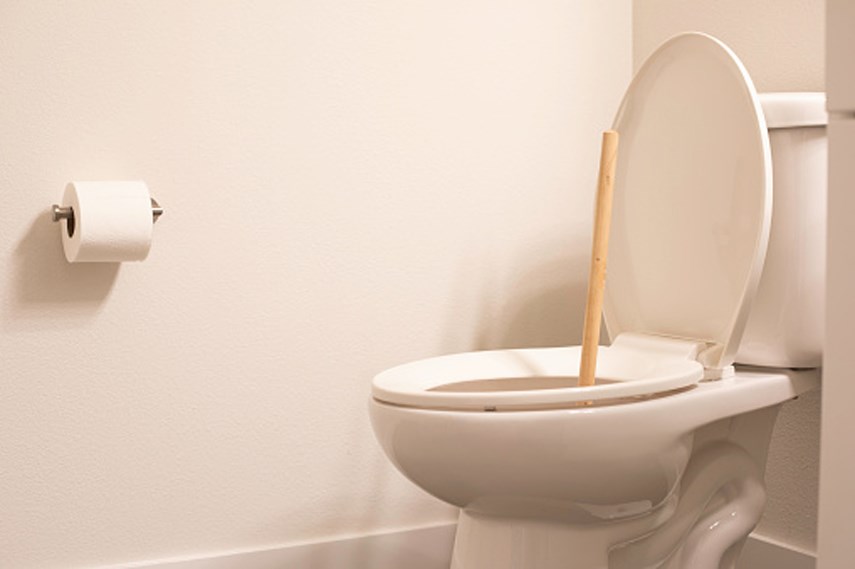The province’s civil resolution tribunal has flushed a North Vancouver man’s attempt to make the municipality pay for repair costs after their sewer system backed up.
Peter Granger took the District of North Vancouver to the tribunal to seek compensation after his plumber found and removed roots growing in a district-owned sewer pipe, according to a written ruling released this week.
On Feb. 8, Granger’s tenant told him the toilets in the home were backing up. Granger hired a plumber who came the same day and inspected the sewer line. The video inspection found roots growing in the district pipe just beyond his property line. The plumber then cleared the roots with an auger and gave Granger a bill for $988, the ruling states. Granger immediately reported to district hall and sought compensation.
But the district argued it was not liable due to its “call us first” policy properties owners are supposed to follow rather than call their own plumber.
“If you’re having a problem with your water or sewer system – and you don’t know what is causing the problem – call us first, before you call a plumber,” the district’s website states.
District inspectors are available “around the clock” to investigate, the ruling notes.
“If the source of the blockage is on private property, the district will notify the property owner to call a plumber to complete the repair. If it is on district property, staff will assess it and determine what is needed,” the ruling states.
Granger argued he had no way of knowing if the back-up stemmed from an internal plumbing problem or from the district’s infrastructure, and that the district should be responsible for the repair cost.
Tribunal member Trisha Apland disagreed, saying the he should have followed the district’s policy.
The district’s bylaw actually forbids anyone from doing work on the sewer system unless the district has OK'd it first, Apland noted.
And she added, thanks to existing case law, municipalities are not liable for damages due to the breakdown or malfunction of a sewer or drainage system except in very strict circumstances, and municipalities are only be held liable in negligence for operational decisions if they are not performed with reasonable care.
“I have no evidence to find [the district’s ‘call us first’ policy] is irrational or unreasonable or was made in bad faith. There is also no evidence or suggestion that the district failed to act reasonably with respect to its sewer line. I find the district was not negligent,” the ruling concluded, dismissing Granger’s claims.


